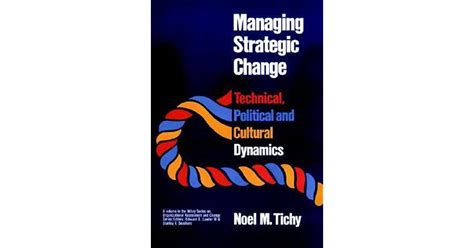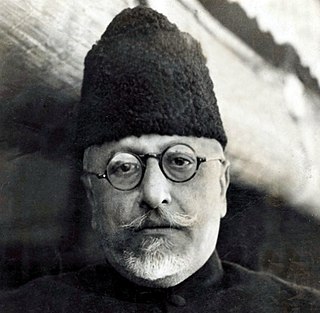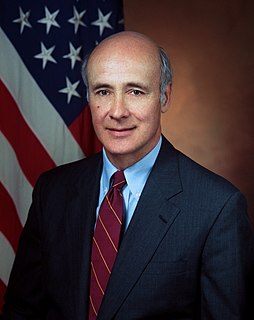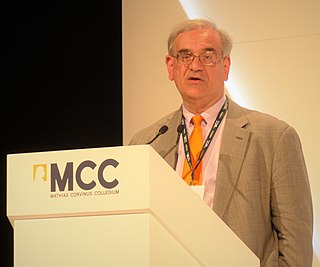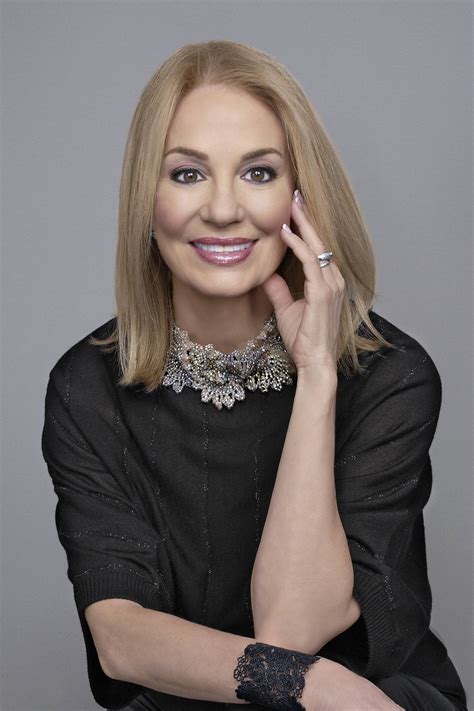A Quote by Noel Tichy
Winning companies win because they have good leaders who nurture the development of other leaders at all levels of the organization.
Quote Topics
Related Quotes
Good leaders set vision, missions, and goals. Great leaders inspire every follower at every level to internalize their purpose, and to understand that their purpose goes far beyond the mere details of their job. When everyone is united in purpose, a positive purpose that serves not only the organization but also, hopefully, the world beyond it, you have a winning team.
"Leadership" is a big topic today. We know that the world - nations and communities in addition to companies - needs more and better leaders. So I wanted to explore how leaders make a difference, how they can shift a negative cycle, turn around a losing organization, propel a team to victory when conditions aren't perfect. I saw that what leaders do is build confidence in advance of victory. Then the confidence they produce makes the hope of success turn into the reality of success, because people behave differently when they are surrounded by a culture of confidence.
We brought the religious leaders and the secular development workers together in one room. We asked the religious leaders what are your reservations about development workers? And we asked the development workers, what are your reservations about religious leaders? It turns out that most of the problems are not really problems at all, but rather misunderstandings, misconceptions, and mis-communications.
Level 5 leaders are differentiated from other levels of leaders in that they have a wonderful blend of personal humility combined with extraordinary professional will. Understand that they are very ambitious; but their ambition, first and foremost, is for the company's success. They realize that the most important step they must make to become a Level 5 leader is to subjugate their ego to the company's performance. When asked for interviews, these leaders will agree only if it's about the company and not about them.
Organization is not only directly linked to unity, but a natural development of that unity. Accordingly, the leaders' pursuit of that unity is also an attempt to organize the people, requiring witness to the fact that the struggle for liberation is a common task." "Leaders who do not act dialogically, but insist on imposing their decisions, do not organize the people--they manipulate them. They do not liberate, nor are they liberated: they oppress.
Leadership is a choice. It's not a rank, it's a choice. I know many people who are at the top of their organization who have authority. We have to do what they say because they have authority over us. But they're not leaders. We wouldn't follow them. They may be at the top of the company but they're not leaders.
